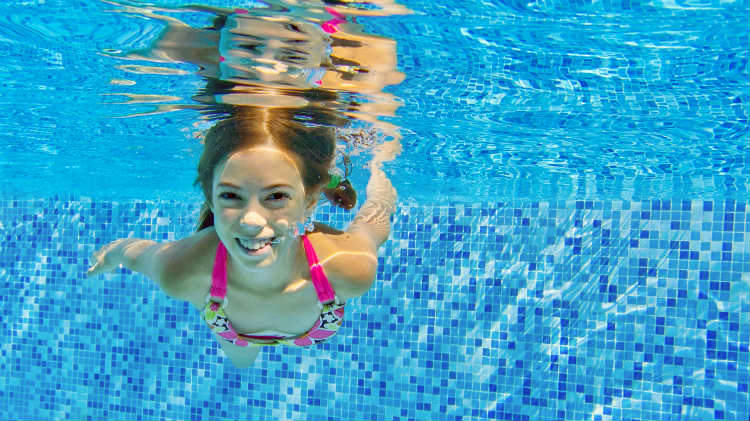How important is the relationship between your child and their swim coach? Coaches have such an impact on our kids’ lives. Our kids may look back on their coaches as some of the most influential people shaping their goals and dreams. We want our kids to be successful in swimming and in life. Having a strong relationship with their coach is one step along that path. Their relationship needs to be based on trust, communication and mutual respect.

As a parent, there are a few things we can do—or not do—to encourage healthy, working relationships between our swimmers and their coaches.
Here are my six tips to building better relationships:
ONE
Get them to the pool.
Coaches appreciate kids who make it to practice consistently and on time. Who do you think will get more attention from the coach—the kid who shows up for every single practice—or the child who has sporadic attendance? When kids are not old enough to drive, the responsibility falls on us to get them to the pool.
TWO
Encourage hard work.
Being a hard worker is a life skill that will serve our kids well in school, work and relationships. How do you build this characteristic in your child? One small thing we can do is praise their hard work. Instead of complimenting your child on their natural talent, like brains or athleticism, offer praise for their hard work and show how their effort led to accomplishments.
THREE
Honesty is the best policy.
If your kid wants to skip practice to study for a final, or take a day off with friends, advise them to be honest about it with their coach. I’ve seen this happen again and again, kids lying to their coaches. It never ends well and credibility is a hard thing to regain.
FOUR
No excuses.
Our swimmers need to be responsible for their actions. We aren’t helping by giving them excuses. Nor, do coaches like to hear excuses from kids—why they missed practice—or didn’t have a good swim. This comes down to ownership of their sport. Your swimmer needs to understand that what they put into the sport, they will get out of it.
FIVE
Keep negativity to yourself.
You may believe the coach doesn’t focus enough on technique, or worry that your kid isn’t getting enough attention. Whatever you do, don’t talk about it at home. Kids will pick up on these cues and may lose faith and confidence in their coach.
SIX
Your swimmer needs to communicate.
Many parents make the mistake of talking to the coach on behalf of their swimmer. At some point in time, we need to back away and let our swimmers take over. Open communication between your child and their coach is fundamental in building a better relationship.
What tips do you have to encourage better relationships between swimmers and coaches?
